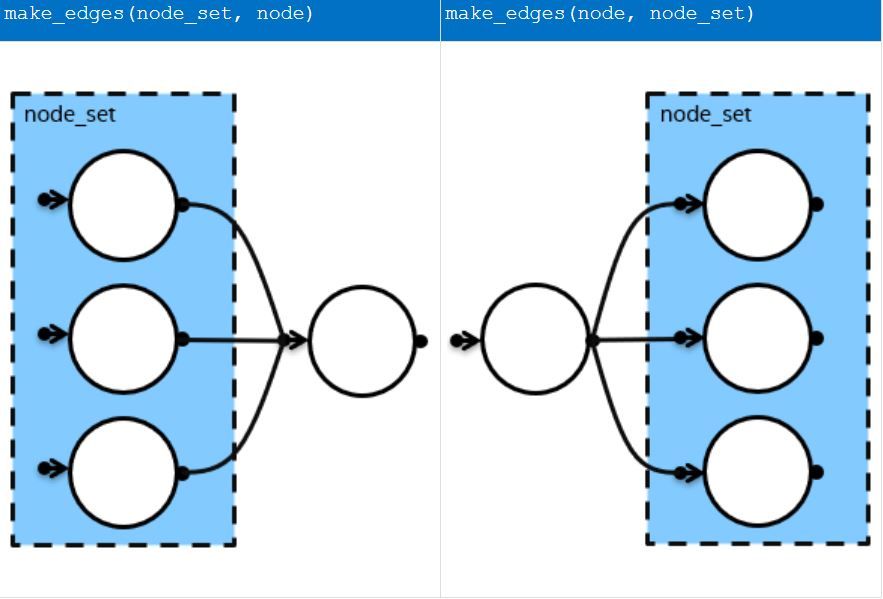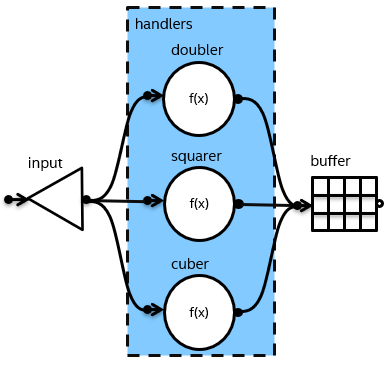Visible to Intel only — GUID: GUID-A4F29263-3044-48E8-B40F-82F466107A18
Package Contents
Parallelizing Simple Loops
Parallelizing Complex Loops
Parallelizing Data Flow and Dependence Graphs
Work Isolation
Exceptions and Cancellation
Floating-point Settings
Containers
Mutual Exclusion
Timing
Memory Allocation
The Task Scheduler
Design Patterns
Migrating from Threading Building Blocks (TBB)
Constrained APIs
Appendix A Costs of Time Slicing
Appendix B Mixing With Other Threading Packages
References
parallel_for_each Body semantics and requirements
parallel_sort ranges interface extension
TBB_malloc_replacement_log Function
Type-specified message keys for join_node
Scalable Memory Pools
Helper Functions for Expressing Graphs
concurrent_lru_cache
task_group extensions
The customizing mutex type for concurrent_hash_map
Visible to Intel only — GUID: GUID-A4F29263-3044-48E8-B40F-82F466107A18
make_edges function template
NOTE:
To enable this feature, define the TBB_PREVIEW_FLOW_GRAPH_FEATURES macro to 1.
Description
The make_edges function template creates edges between a single node and each node in a set of nodes.
There are two ways to connect nodes in a set and a single node using make_edges:

API
Header
#include <oneapi/tbb/flow_graph.h>
Syntax
// node_set is an exposition-only name for the type returned from make_node_set function template <typename NodeType, typename Node, typename... Nodes> void make_edges(node_set<Node, Nodes...>& set, NodeType& node); template <typename NodeType, typename Node, typename... Nodes> void make_edges(NodeType& node, node_set<Node, Nodes...>& set);
Example
The example implements the graph structure in the picture below.

#define TBB_PREVIEW_FLOW_GRAPH_FEATURES 1
#include <oneapi/tbb/flow_graph.h>
int main() {
using namespace oneapi::tbb::flow;
graph g;
broadcast_node<int> input(g);
function_node doubler(g, unlimited, [](const int& i) { return 2 * i; });
function_node squarer(g, unlimited, [](const int& i) { return i * i; });
function_node cuber(g, unlimited, [](const int& i) { return i * i * i; });
buffer_node<int> buffer(g);
auto handlers = make_node_set(doubler, squarer, cuber);
make_edges(input, handlers);
make_edges(handlers, buffer);
for (int i = 1; i <= 10; ++i) {
input.try_put(i);
}
g.wait_for_all();
}